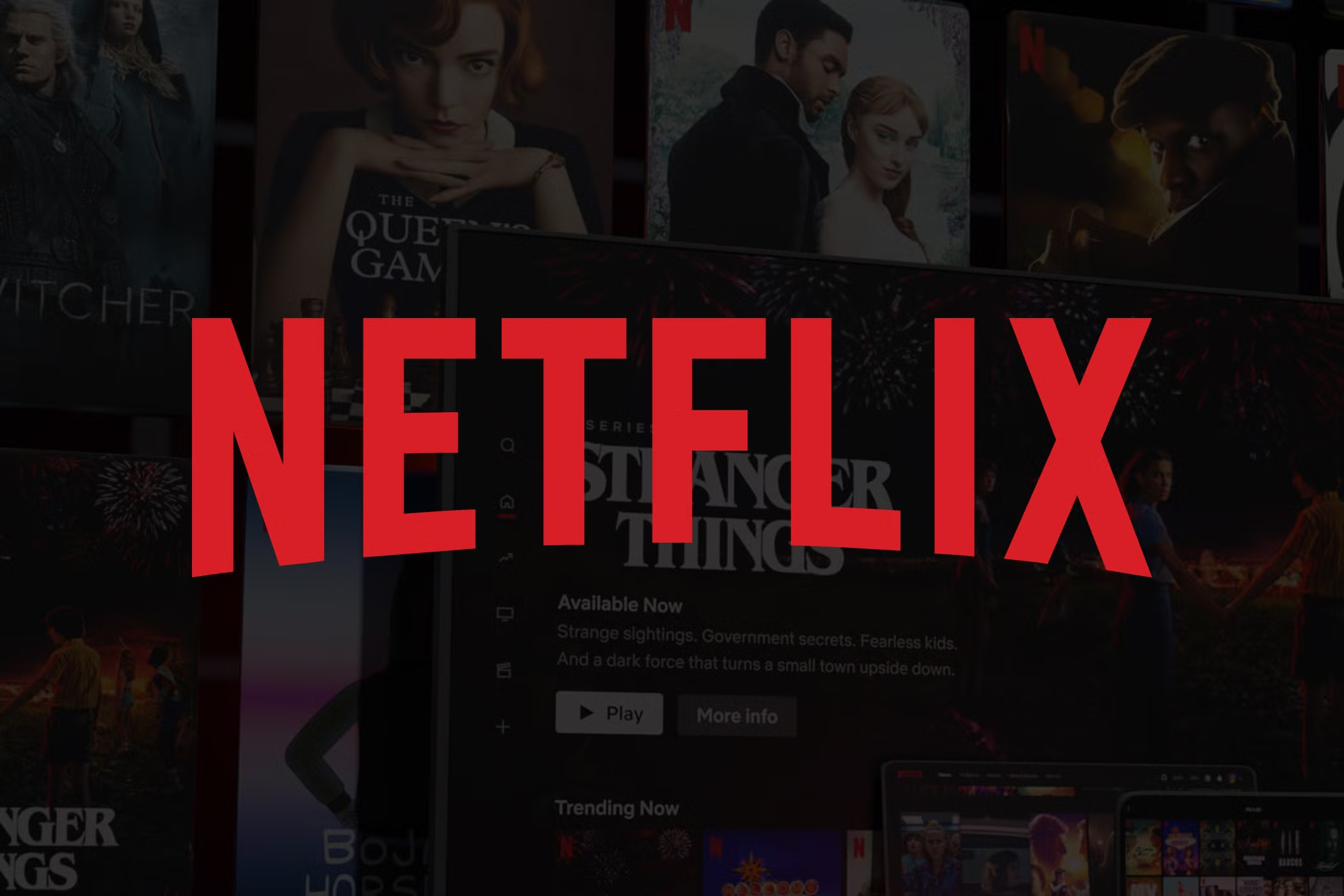WhatsApp is threatening to exit India.
The Meta-owned chat platform was challenging the country’s 2021 rule of Information Technology (Intermediary Guidelines and Digital Media Ethics Code) Rules that require social media companies that provide messaging services to reveal the identity of message senders(first originator of the information) if ordered by a judicial order or a competent authority.
WhatsApp said this rule is unconstitutional in their petition as it would force the company to break end-to-end encryption, violating the fundamental right to free speech and privacy. The messaging app has over 400 million users in India.
“As a platform, we are saying, if we are told to break encryption, then WhatsApp goes,” Advocate Tejas Karia, appearing for WhatsApp told the bench in the Delhi High Court. “We will have to keep a complete chain and we don’t know which messages will be asked to be decrypted. It means millions and millions of messages will have to be stored for several years,” he continued.
The advocate also said that no other country has this rule and that they(WhatsApp) haven’t been asked to share this information.
NOW READ: Signal, WhatsApp & Telegram: Why You Should Continue Using Encrypted Messaging Apps
WhatsApp is among a few messaging platforms including Signal and Telegram that offer end-to-end encryption. This feature means that data is encrypted on the sender’s device and only the recipient can decrypt it – This prevents third parties from accessing the data while it’s being transferred. WhatsApp uses Signal Protocol end-to-end encryption and messages are encrypted using a special message key and advanced encryption (AES256 in CBC mode).
Articles In This Stream
- Meta AI Chatbot Now Available on WhatsApp
- WhatsApp Features Now Available in April
- WhatsApp is Making it Harder For People to Get Your Location From Calls
- WhatsApp Can Now Be Used on Two or More Smartphones



























